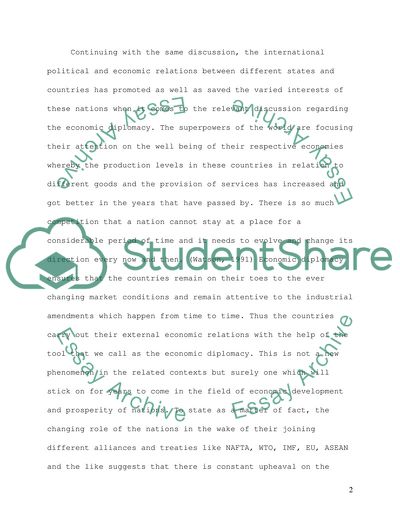Cite this document
(Liberal Democracy Today Assignment Example | Topics and Well Written Essays - 2500 words, n.d.)
Liberal Democracy Today Assignment Example | Topics and Well Written Essays - 2500 words. https://studentshare.org/politics/1714125-what-is-the-biggest-challenge-facing-liberal-democracy-today
Liberal Democracy Today Assignment Example | Topics and Well Written Essays - 2500 words. https://studentshare.org/politics/1714125-what-is-the-biggest-challenge-facing-liberal-democracy-today
(Liberal Democracy Today Assignment Example | Topics and Well Written Essays - 2500 Words)
Liberal Democracy Today Assignment Example | Topics and Well Written Essays - 2500 Words. https://studentshare.org/politics/1714125-what-is-the-biggest-challenge-facing-liberal-democracy-today.
Liberal Democracy Today Assignment Example | Topics and Well Written Essays - 2500 Words. https://studentshare.org/politics/1714125-what-is-the-biggest-challenge-facing-liberal-democracy-today.
“Liberal Democracy Today Assignment Example | Topics and Well Written Essays - 2500 Words”. https://studentshare.org/politics/1714125-what-is-the-biggest-challenge-facing-liberal-democracy-today.


